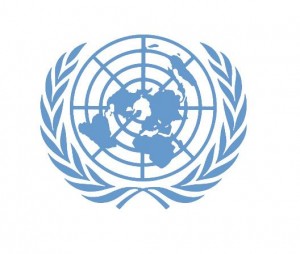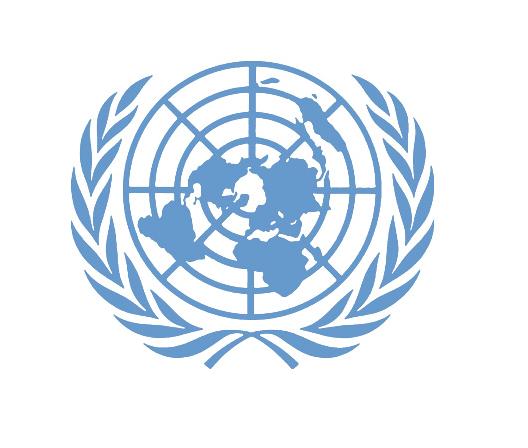 On June 6th UN Special Rapporteur Richard Falk published his report on the situation of human rights in the Palestinian territories occupied since 1967
On June 6th UN Special Rapporteur Richard Falk published his report on the situation of human rights in the Palestinian territories occupied since 1967
In his recent report, while noting the continuing non-cooperation of Israel, the Special Rapporteur addresses Israel’s Operation “Pillar of Defense” and the general human rights situation in the Gaza Strip, as well as the expansion of Israeli settlements – and businesses that profit from Israeli settlements and the situation of Palestinians detained by Israel.
The Special Rapporteur is also criticising the latest Arab Peace Initiative Plan „it has been modified to allow for ‘land swaps,’ which appears to be a means of incorporating major settlement blocs into Israel and opening the door to territorial adjustments in response to Israel’s security interests.” – report states
Mr Falk is sceptical of the value of direct negotiations at this time, especially in relation to the protection of the human rights of Palestinians, above all their right of self-determination. In his opinion „the political preconditions for effective negotiations do not seem to exist on either side: for Israel, a pro-settler Government with a seeming expansionist vision of the territorial scope of Israel and annexationist policies in the West Bank, including East Jerusalem, does not seem inclined to withdraw to 1967 lines or to address such other issues as the division of Jerusalem, the rights of Palestinian refugees, the non-diversion of water from Palestine’s aquifers, and the sovereign equality of a Palestinian state”.
Some of the key conclusions :
1. Gaza Strip
Report states that although Israel implemented its plan of ‘disengagement’ in 2005, it did not end its legal responsibilities as the Occupying Power. This conclusion reflects Israel’s control of entry and exit to Gaza from land, sea, and air; frequent violent incursions; and a blockade maintained since mid-2007
– the Israeli blockade is responsible for crisis of dependency, with 10% of Gazans being aid dependent prior to the blockade in 2007, while current the percentage has risen to an astounding 70%;
– the struggle to restore housing destroyed during Cast Lead was expected to be completed in 2013, but that goal is un-achievable given the $20 million of damage done during Pillar of Defense;
– the water situation is desperate, with 90% of Gaza’s aquifer “unfit for human consumption,’ and Israel diverting a disproportionate share of the coastal aquifer.
– during Pillar of Defense, public health facilities were severely strained and the population came to depend on NGO assistance
2. Palestinian detainees in Israeli prisons and detention centres
As of the submission of the report, the Government of Israel had in custody around 4,800 Palestinians. The following policies and practices remain serious:
– detention without charges and other forms of arbitrary detention, such as Israel’s abusive mis-use of administrative detention;
– torture and other forms of ill,
– inhumane and humiliating treatment;
-denial of equality of arms;
– denial of visits by family members and the International Committee of the Red Cross;
– denial of access to legal representation;
– unacceptable conditions in prisons and detention centres;
– lack of access to required health care, and denial of access to education, including for children.
3. Settlements
In the first quarter of 2013, Israel demolished 204 Palestinian homes and structures, displacing 379 Palestinians. Israel is continuing its „consistent and systematic expansion of settlements through subsidies, expropriations, house demolitions and demolition orders, granting permits for homes in settlements and intensifying the exploitation of Palestinian natural resources.”
Israel’s population registry indicates that the number of settlers in the West Bank, including East Jerusalem, grew by 4.5 per cent in 2012 to an estimated total of 650,000 settlers. In the course of Israel’s unrelenting settlement expansion, a total of 6,676 residential units were approved in 2012, including 3,500 residential units intended for the controversial “E-1” corridor between East Jerusalem and Maale Adumim. In its March 2013 report to the Ad Hoc Liaison Committee, the Government of Palestine explained that, “Construction in the Bab Ash-Shams/“E1” area […], would complete the Israeli wedge of settlements that stretches from occupied East Jerusalem down to the Dead Sea, thus separating the northern from the southern West Bank, and destroying all hope for a free, sovereign and viable State of Palestine”.
In East Jerusalem, settlers continue their efforts to expand, including through forced evictions in the Old City, Silwan, Sheikh Jarrah, At-Tur, Wadi Joz, Ras al-Amud, and Jabal Al Mukabbir. According to figures collected by the United Nations Office for the Coordination of Humanitarian Affairs, 299 Palestinians were displaced in the West Bank, including East Jerusalem this year in January and February, compared with 879 Palestinians displaced throughout 2012.
You can download the full report here
